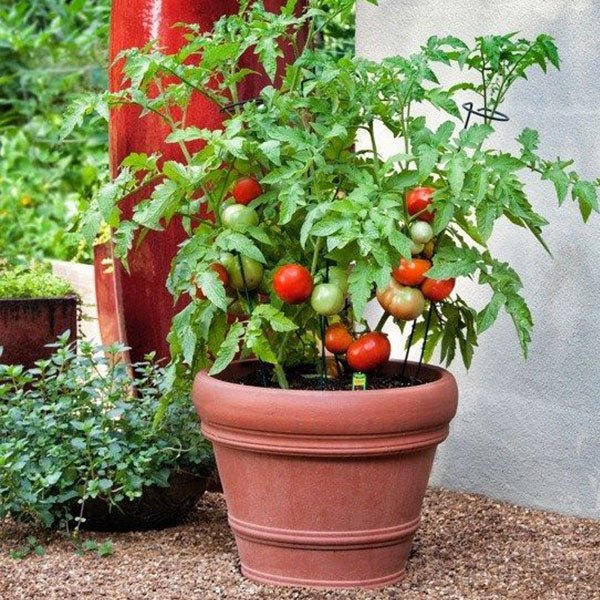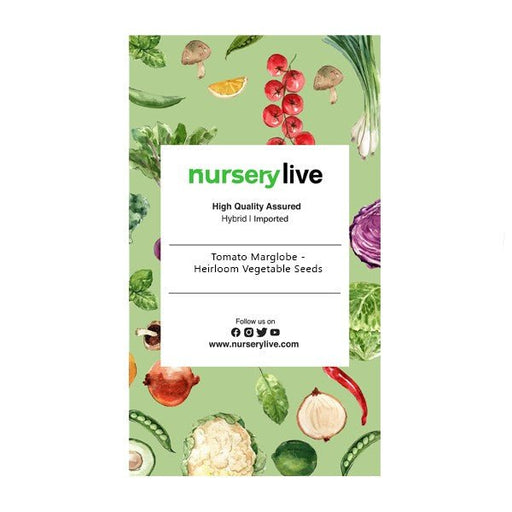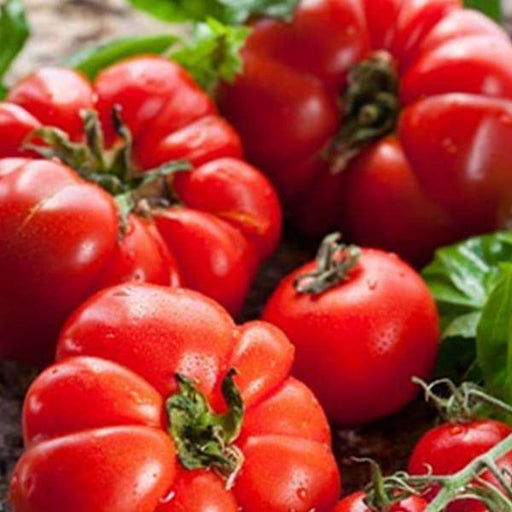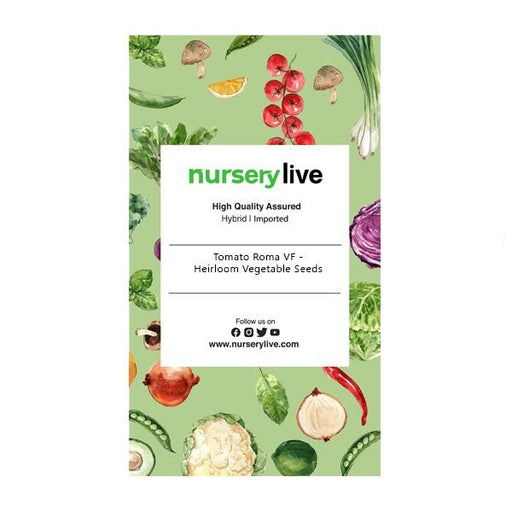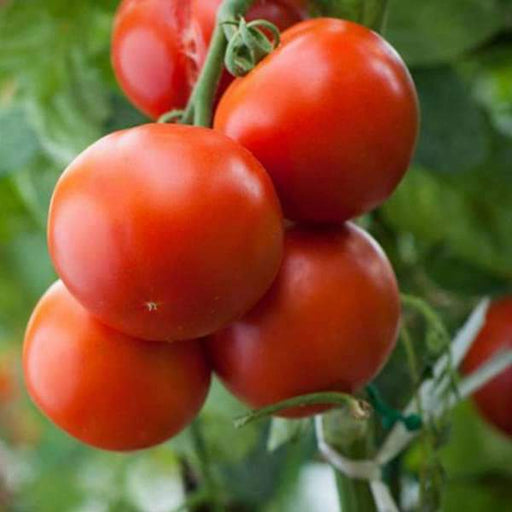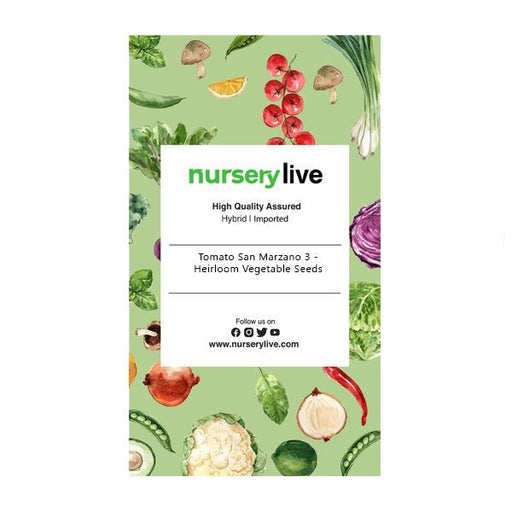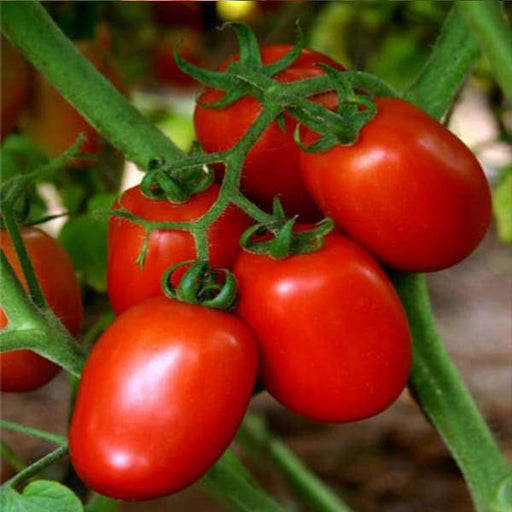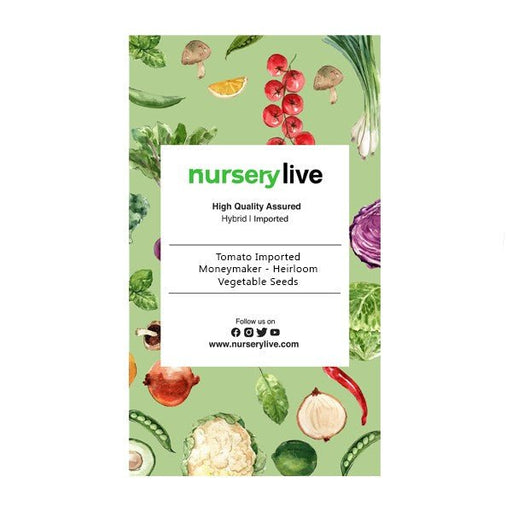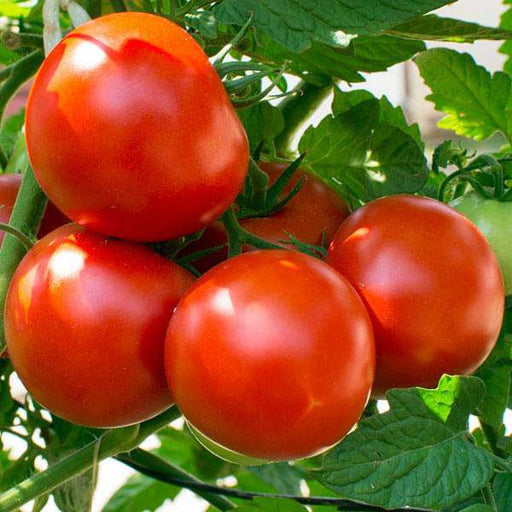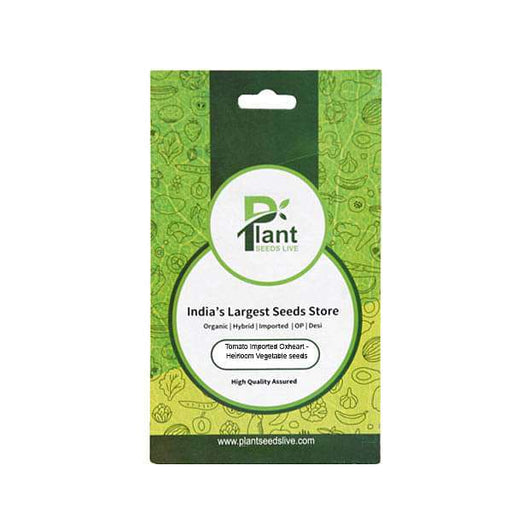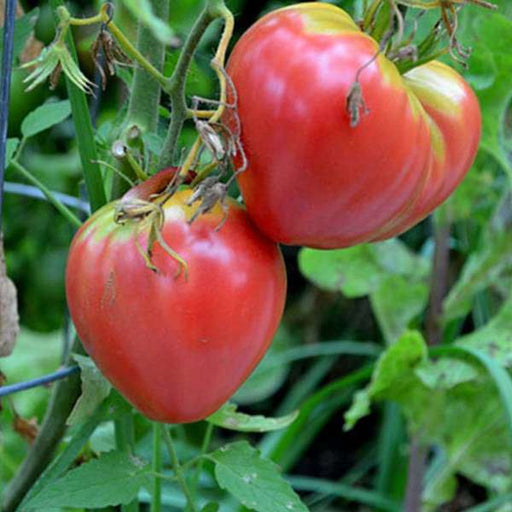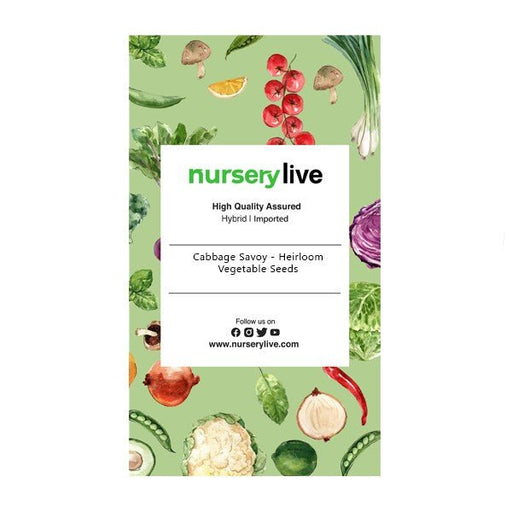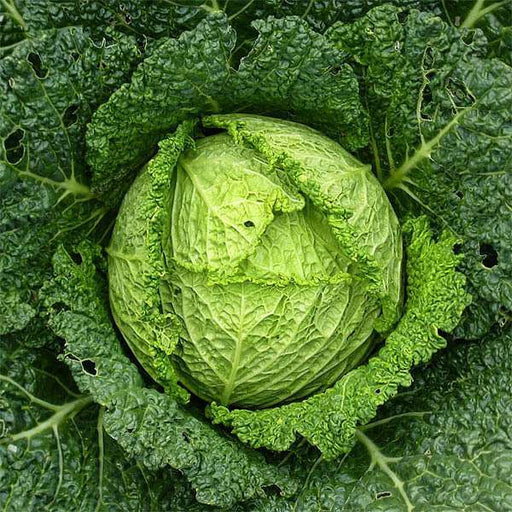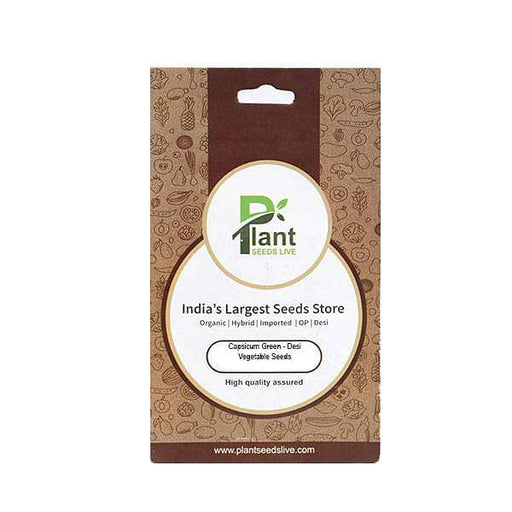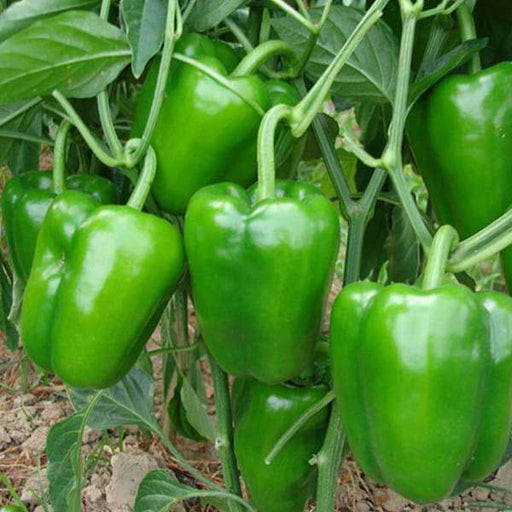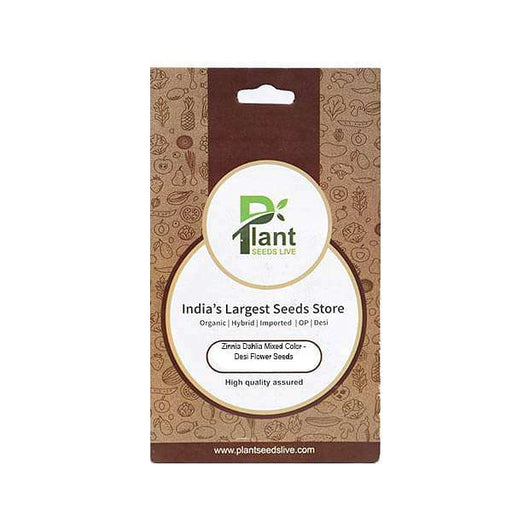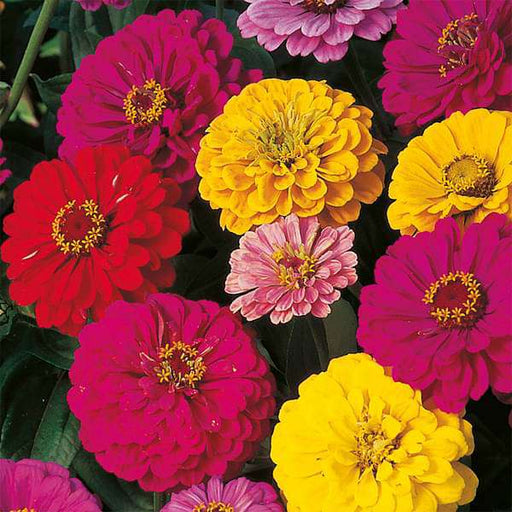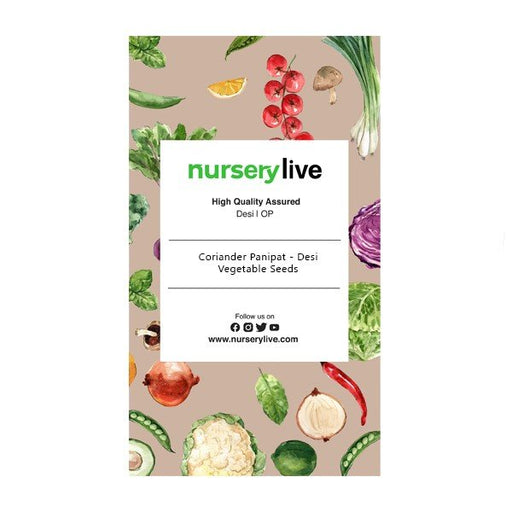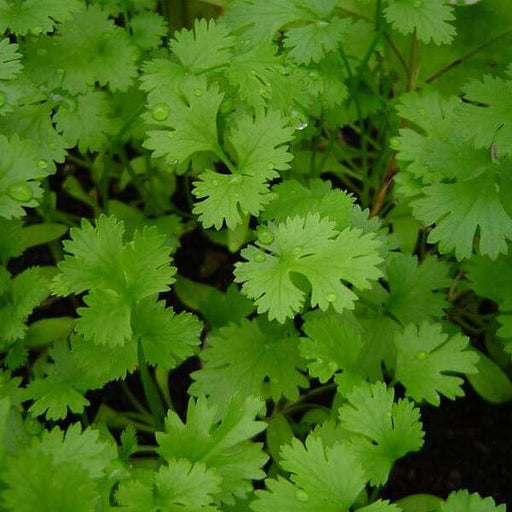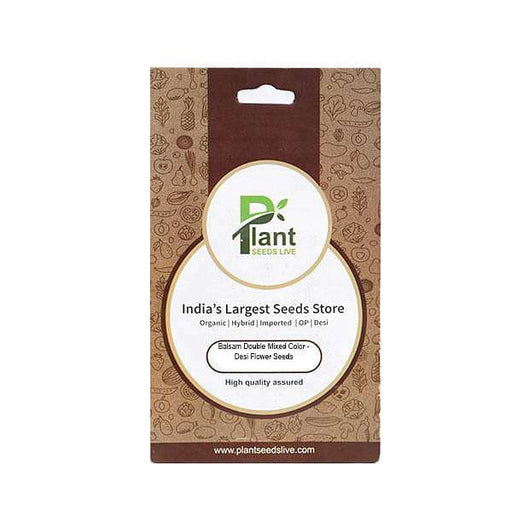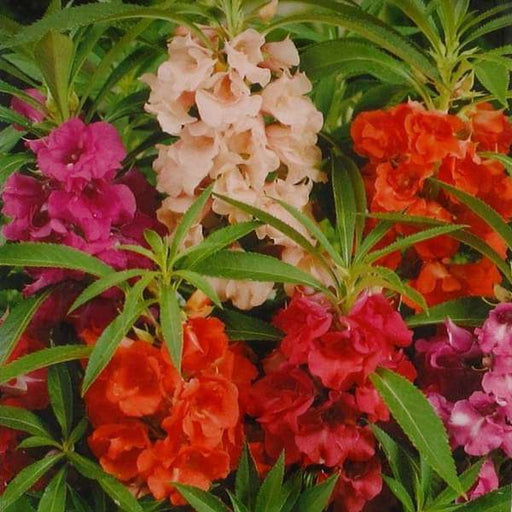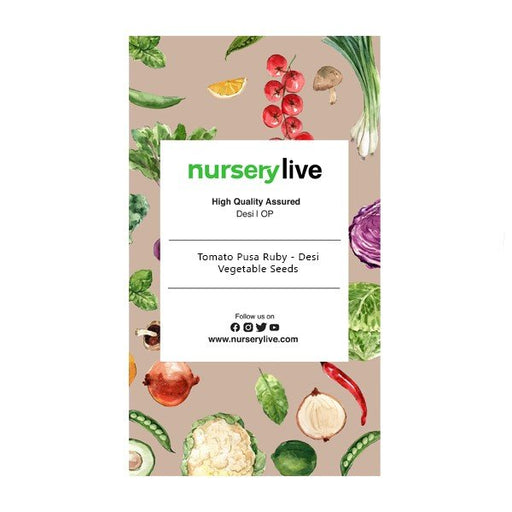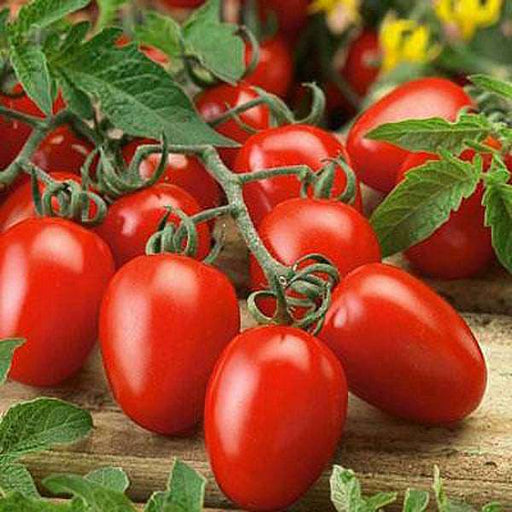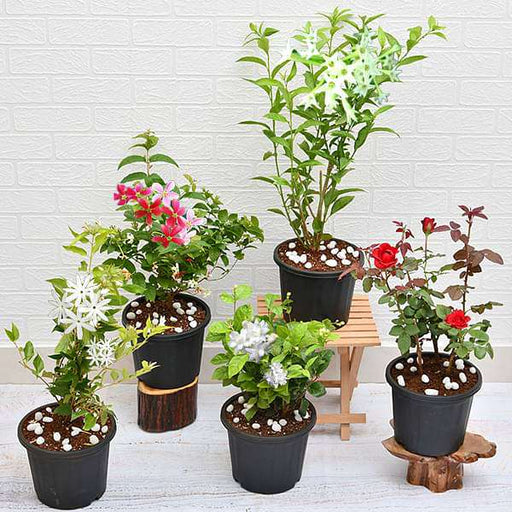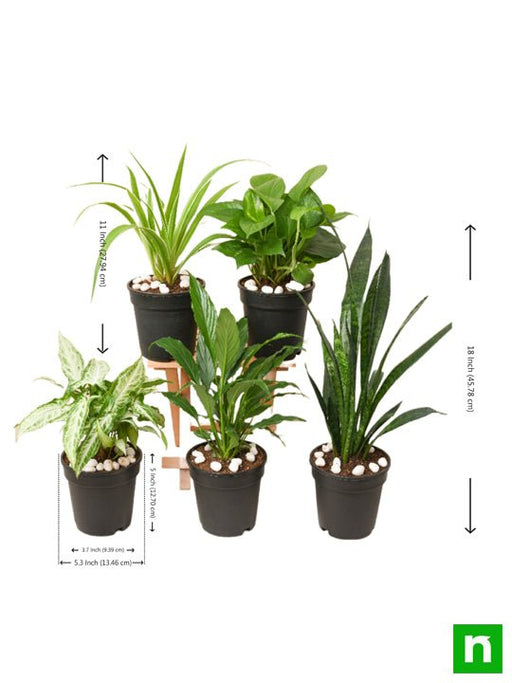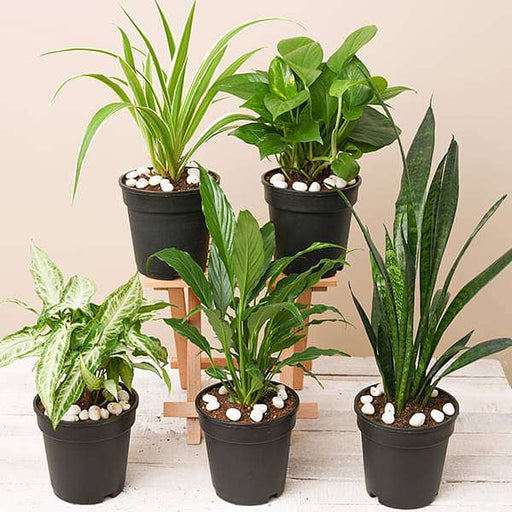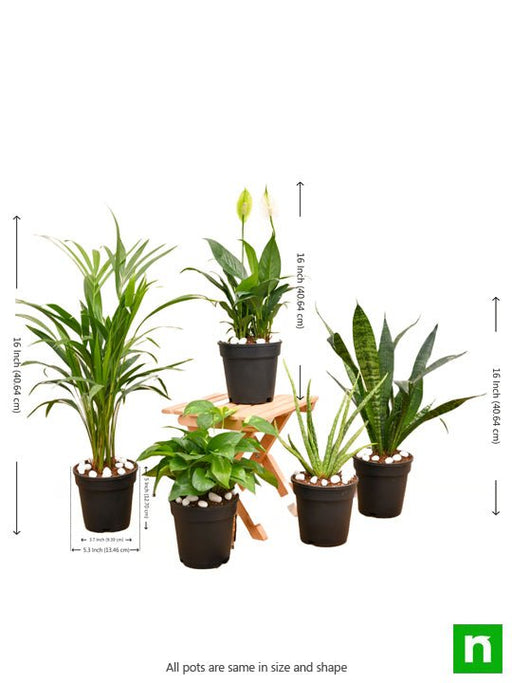Open Pollinated Seeds
Open pollinated seeds are seeds that are pollinated naturally, by wind, insects, or other natural means. These seeds produce plants that are genetically diverse and adapted to local conditions.
Non-GMO Seeds
Non-GMO seeds are seeds that have not been genetically modified. They are a great choice for those who are concerned about the environmental and health impacts of GMOs.
Organic Seeds
Organic seeds are seeds that have been produced without the use of synthetic pesticides, fertilizers, or other chemicals. They are a great choice for those who want to grow vegetables that are free from harmful chemicals.
Rare Seeds
Rare seeds are seeds that are hard to find or have a limited supply. They are often heirloom varieties that have been passed down through generations of gardeners.
Non-Hybrid Seeds
Non-hybrid seeds are seeds that are not a cross between two different varieties. They produce plants that are true to the parent plant, and are a great choice for those who want to save their own seeds.
Open-Pollinated Heirloom Seeds
Open-pollinated heirloom seeds are seeds that are both open-pollinated and heirloom varieties. They are a great choice for those who want to grow traditional, old-fashioned vegetables.
Tomatoes
Heirloom tomato seeds are some of the most popular heirloom seeds. They come in a wide range of colors, sizes, and shapes, and are known for their rich, complex flavors.
Peppers
Heirloom pepper seeds are another popular choice for those who want to grow unique and flavorful vegetables. They come in a variety of colors and heat levels, from mild to super hot.
Beans
Heirloom bean seeds are a great choice for those who want to grow flavorful, nutrient-rich beans. They come in a variety of colors and shapes, and are easy to grow in the garden.
Carrots
Heirloom carrot seeds are a great choice for those who want to grow sweet and flavorful carrots. They come in a variety of colors and shapes, from purple to white to yellow.
Cucumbers
Heirloom cucumber seeds are a great choice for those who want to grow crunchy, flavorful cucumbers. They come in a variety of shapes and sizes, from pickling cucumbers to long, slender slicing cucumbers.
Squash
Heirloom squash seeds are a great choice for those who want to grow flavorful and unique varieties of squash. They come in a variety of shapes and sizes, from small, tender pattypan squash to large, meaty winter squashes.
Melons
Heirloom melon seeds are a great choice for those who want to grow sweet, juicy melons with complex flavors. They come in a variety of shapes and sizes, from small, round cantaloupes to long, oblong watermelons.
Lettuce
Heirloom lettuce seeds are a great choice for those who want to grow flavorful and nutritious lettuce varieties. They come in a variety of colors and shapes, from small, tender butterheads to large, crisp romaine lettuce.
Radishes
Heirloom radish seeds are a great choice for those who want to grow spicy and flavorful radishes. They come in a variety of colors and shapes, from small, round cherry belle radishes to long, slender French breakfast radishes.
Organic Heirloom Vegetable Seeds
Organic heirloom vegetable seeds are non-genetically modified and are grown without the use of synthetic pesticides, fertilizers, or herbicides. They are popular among those who prefer to eat organic produce and want to grow their own vegetables at home. These seeds have been passed down from generation to generation and are a great way to preserve the genetic diversity of vegetables.
Heirloom Tomato Seeds
Heirloom tomato seeds are a popular choice among gardeners who want to grow their own tomatoes. They are open-pollinated and come in a wide variety of shapes, sizes, and colors. They have a rich flavor and are often used in salads, sandwiches, and sauces. Heirloom tomato seeds are a great way to add some color and flavor to your garden.
Rare Heirloom Vegetable Seeds
Rare heirloom vegetable seeds are a great way to add some variety to your garden. These seeds are often hard to find and are typically only available from small seed companies or specialty nurseries. They are a great way to grow vegetables that you may not be able to find in your local grocery store.
Heirloom Herb Seeds
Heirloom herb seeds are a great way to add some flavor to your garden. They are open-pollinated and come in a wide variety of flavors and aromas. Some popular heirloom herbs include basil, parsley, thyme, and oregano. They are often used in cooking and can be dried and stored for later use.
Heirloom Flower Seeds
Heirloom flower seeds are a great way to add some color and beauty to your garden. They come in a wide variety of colors and sizes and are often grown for their beauty and fragrance. Some popular heirloom flowers include sunflowers, zinnias, and marigolds. They are a great way to attract pollinators to your garden and can also be used in flower arrangements.

